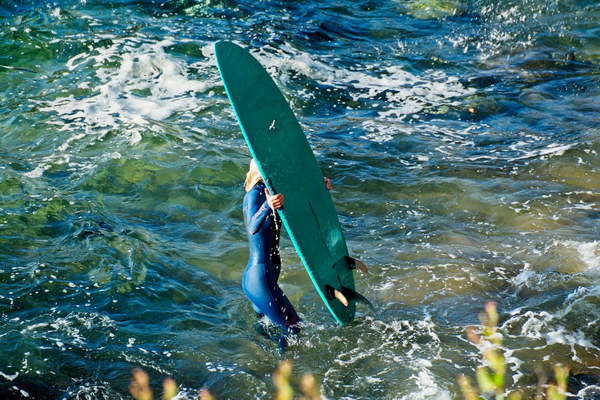Can You Restore Your Kidneys After Overexertion
Introduction:
The kidneys play a crucial role in maintaining our body's balance by filtering waste and excess substances from the blood. However, due to various factors, such as poor lifestyle choices and chronic conditions, it's not uncommon for individuals to experience kidney exhaustion or overexertion. The question arises: Can you restore your kidneys after overexertion? In this article, we will explore the factors contributing to kidney overexertion, the potential for recovery, and the steps you can take to support your kidneys' healing process.
Understanding Kidney Overexertion:
Kidney overexertion occurs when the kidneys are subjected to excessive strain, leading to temporary or chronic damage. This can be caused by several factors, including:
1. Dehydration: Insufficient water intake can hinder the kidneys' ability to filter waste products effectively, leading to overexertion.
2. High protein diet: Consuming excessive amounts of protein can burden the kidneys, as they are responsible for filtering out excess nitrogen.
3. Excessive alcohol consumption: Alcohol can cause direct damage to the kidneys and impair their function.
4. Chronic conditions: Conditions such as diabetes, hypertension, and autoimmune diseases can lead to chronic kidney damage.
Can Kidneys Be Restored After Overexertion?
Yes, it is possible to restore kidney function after overexertion, but the degree of recovery depends on several factors, including the severity of the overexertion, the underlying cause, and the individual's overall health.
1. Acute kidney injury: If kidney overexertion is an acute event, such as a one-time dehydration incident, there is a higher likelihood of full recovery. However, it is essential to address the underlying cause and adopt healthier habits to prevent future overexertion.
2. Chronic kidney disease: In cases of chronic kidney damage, recovery may be slower and less complete. However, by managing underlying conditions, adopting a healthy lifestyle, and working closely with healthcare professionals, individuals can improve their kidney function and slow down the progression of the disease.
Steps to Support Kidney Healing:
1. Stay hydrated: Drink plenty of water throughout the day, aiming for at least 8-10 glasses per day. This helps maintain kidney function and aids in the removal of waste products.
2. Optimize your diet: Follow a balanced diet that includes a variety of fruits, vegetables, whole grains, and lean proteins. Limit your intake of processed foods, excessive salt, and saturated fats.
3. Exercise regularly: Regular physical activity can improve blood flow to the kidneys, helping them function better. Aim for at least 150 minutes of moderate-intensity aerobic exercise per week.
4. Manage stress: Chronic stress can contribute to kidney damage. Practice stress-reducing techniques, such as meditation, deep breathing exercises, or yoga.
5. Avoid smoking and excessive alcohol consumption: These habits can exacerbate kidney damage and hinder recovery.
6. Monitor your blood pressure and blood sugar levels: Regular check-ups with a healthcare professional can help you manage chronic conditions that may contribute to kidney damage.
7. Seek medical advice: If you suspect kidney overexertion or have concerns about your kidney health, consult with a healthcare professional. They can provide personalized advice and recommend appropriate treatments.

Conclusion:
While it's possible to restore kidney function after overexertion, it requires a proactive approach and a willingness to make lifestyle changes. By addressing the underlying causes, adopting a healthy lifestyle, and working closely with healthcare professionals, individuals can support their kidneys' healing process and improve their overall health.









